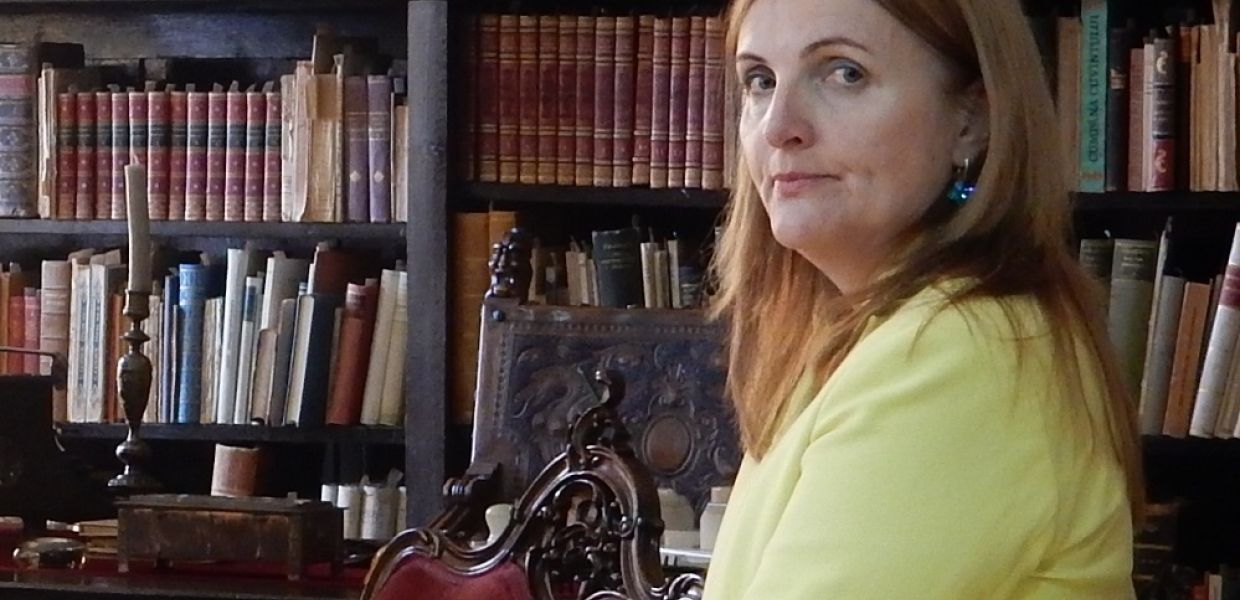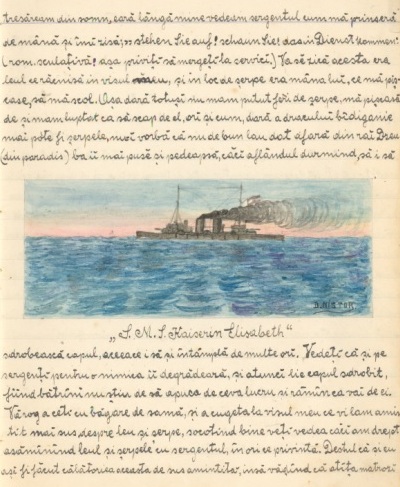Meet the Members Council: Sorina Stanca
Hear directly from each of your elected Members Council representatives, and get to know them a little better.

I am currently the director of Cluj County Library. My job involves the development of new activities for library users, the creation of digital content, and the valorisation of the library collection. Since 2008, I have been involved in several European projects linked with Europeana, such as EuropeanaLocal, Europeana Awareness and LoCloud.
Romanian public libraries’ first steps towards digitisation
My ‘history’ with Europeana started back in 2008, when our library got involved in EuropeanaLocal. The main goal of the project was to improve the interoperability of the digital content held by regional and local institutions, and to make it accessible in Europeana. For Romanian public libraries, this was the first project that involved making their collections available online through digitisation. We started working together with public libraries and other cultural institutions from scratch selecting which collections to digitise, and creating metadata.
Romania and the Great War
After this first project with Europeana, we continued our collaboration and became partners in Europeana Awareness. This new project gave us the opportunity to spread the news about Europeana, and to organise Europeana 1914-1918 collection days. Working together with other libraries from Romania to gather resources from the general public has been a rewarding experience. On that occasion, we discovered very interesting documents, manuscripts, photos, and letters from soldiers and participants to the Great War. Europeana Awareness allowed all library professionals who attended the National Conferences in Romania during the project period to become content providers.

Diary of Dumitru Nistor, Europeana 1914-1918, Biblioteca Judeteana Cluj, CC-BY-SA
Organising Transcribathons in Romania this year has also been a great experience. These events were held in Bucharest at the Romanian National Library, in Brașov at Brașov County Library, and in Sibiu at Sibiu County Library. The final event took place in Cluj County Library in Cluj-Napoca city. Over a week, the entire Romanian content from Europeana 1914-1918 portal has been transcribed, representing more than 1 million characters.
A Task Force for Public Libraries
As a councillor of the Europeana Network Association, I also got involved as a member of the Public Libraries Task Force. Our work plan was implemented between July 2015 and May 2016. The final report of the Task Force demonstrates that public libraries would be strong partners for Europeana, as they can help connect with end users, widen their collections, but also collect and manage User Generated Content. Our library hosted one of the three workshops that were organised over the duration of this Task Force.
One of my goals as a councillor was to encourage colleagues from the Romanian Public Libraries and from other types of libraries to join the Europeana Network Association, and to engage with Europeana activities and projects. At the end of my first term, the number of Romanian collections in Europeana has increased, as did the number of specialists who became members of the Association.
I run as a candidate for a second term to achieve the most important goal that I set myself as a councillor: ‘making more locally-relevant cultural content from Romanian cultural institutions available through Europeana’. For this goal, I need to work together with the best specialists in digitisation from all over Europe.

